Alexander The Great / Learn Spanish and English
Learn Spanish With History
Spanish Vocabulary
Press on each word below to discover its meaning
Estrellas / Stars
Which means Stars, these are Celestial bodies that are visible in the night sky. In a metaphorical sense, “stars” can also represent high aspirations or achievements.
The phrase in this story Bajo las estrellas del antiguo reino de Macedonia
Soñaba / Dreamed
Which means Dreamed it is Past tense of “to dream,” which means to have thoughts, images, or emotions while sleeping. It can also mean to imagine or aspire to something in the future.
The phrase in this story Un joven Alejandro soñaba con conquistar el mundo.
Líder / Leader
Which means Leader, in other words A person who leads or commands a group, organization, or country. A leader often influences and inspires others to achieve common goals.
The phrase in this story Pronto demostró ser un líder extraordinario.
Educado / Educated
Which means Educated, Having received education, especially to a high level. It can also mean being well-mannered or cultured.
Now, listen to the phrase in this story Alejandro había sido educado por el gran filósofo Aristóteles
Victorias / Victories
Which means Victories, These are Successes or wins, especially in a battle, competition, or conflict. refers to the plural of victory.
The phrase in this story Lideró su ejército hacia victorias imposibles
Compartiendo / Sharing
Which means Sharing, the act of dividing or distributing something among others. It can also mean participating in something jointly or reciprocally.
The phrase in this story Compartiendo el hambre y la sed
Logros / Achivements
Which means Achievements, Accomplishments or successes that are attained through effort, skill, or courage. highlights significant milestones or goals that have been reached.
Now, listen to the phrase in this story Y sus logros quedaron grabado
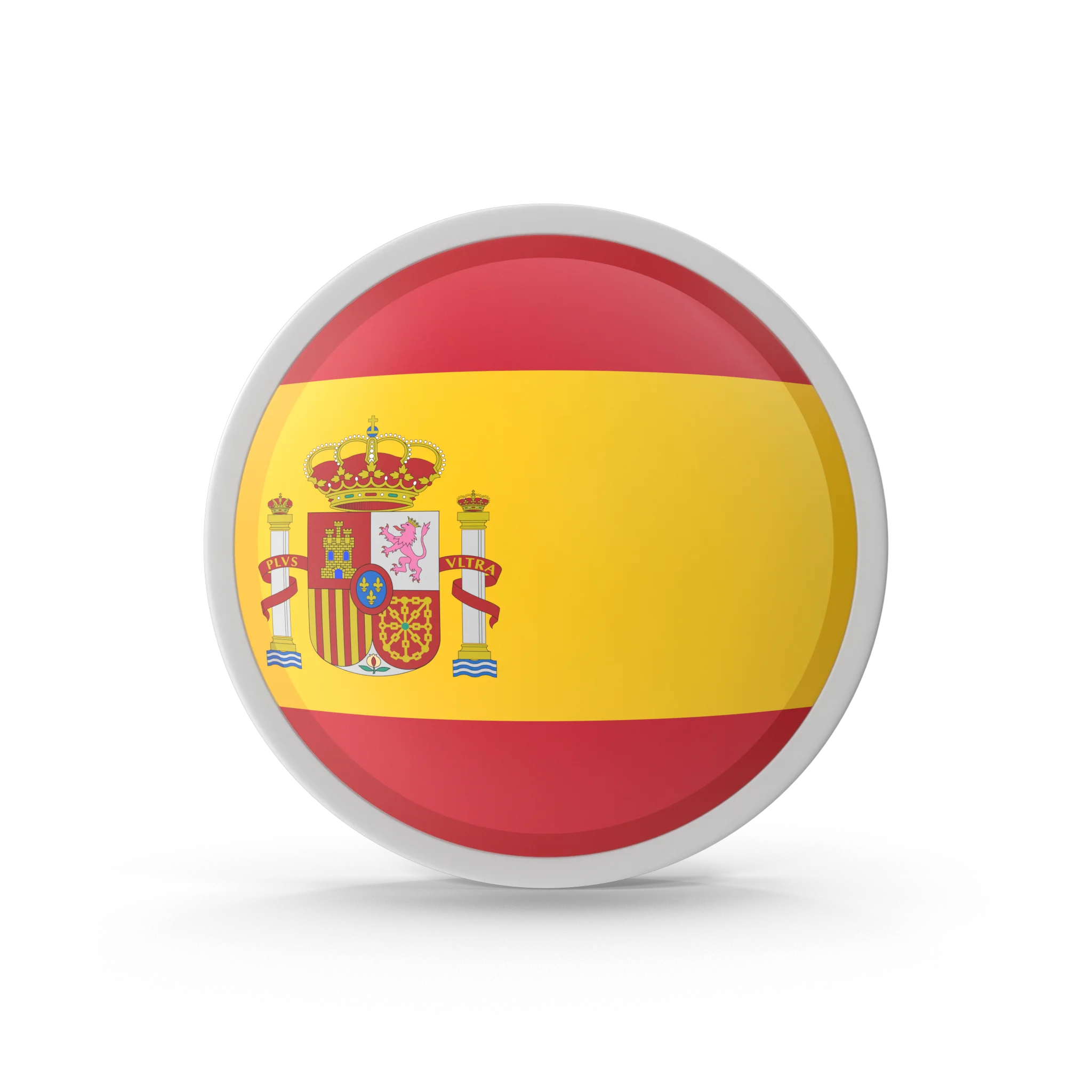
El ascenso y legado de Alejandro Magno
Learn and improve your Spanish and English Through Stories
Alejandro Magno Spanish Version
Bajo las estrellas de Macedonia: El ascenso y legado de Alejandro Magno
Bajo los cielos despejados del antiguo reino de Macedonia, un joven llamado Alejandro miraba las estrellas y soñaba con el mundo más allá del horizonte. No era un niño cualquiera; era el hijo del rey Filipo II y la reina Olimpia, herederos del reino de Macedonia. Su infancia estuvo llena de historias sobre dioses, héroes y grandes imperios, alimentando un fuego en su interior que un día ardería a lo largo de continentes. Sin embargo, la influencia más significativa en su vida no fue solo su linaje real, sino un filósofo que moldearía su mente y visión: Aristóteles.
La formación de un conquistador
A los trece años, Alejandro fue puesto bajo la tutela de Aristóteles, una de las mentes más brillantes del mundo antiguo. De él, Alejandro absorbió la esencia de la filosofía, la ética, la política y la ciencia. Pero no solo le enseñó el conocimiento intelectual; también le inculcó los ideales de liderazgo y el arte de la guerra. Mientras Alejandro estudiaba las epopeyas de Homero, particularmente inspirado por Aquiles, comenzó a vislumbrar su propio destino: no como un mero rey, sino como un conquistador de imperios.
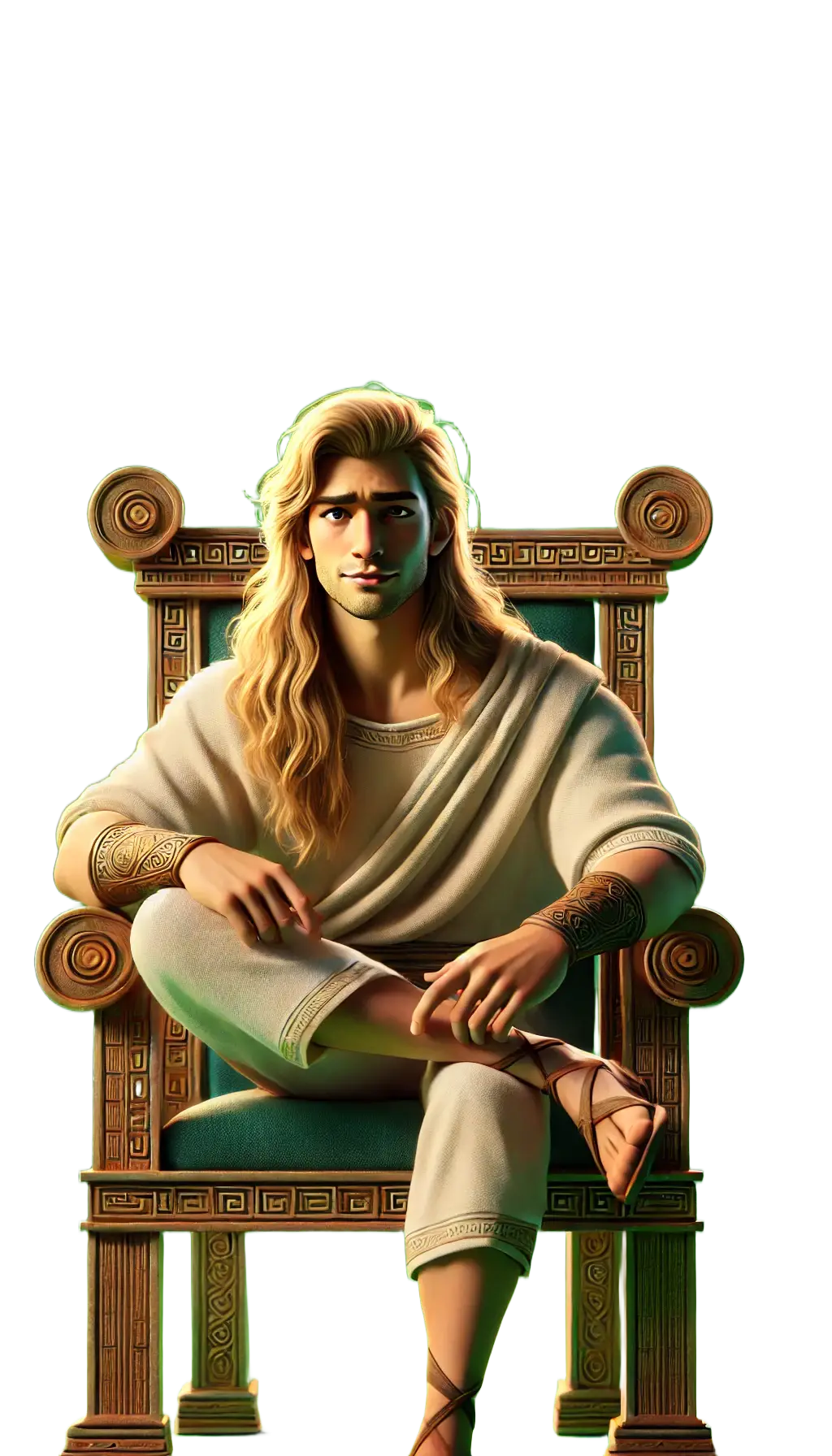
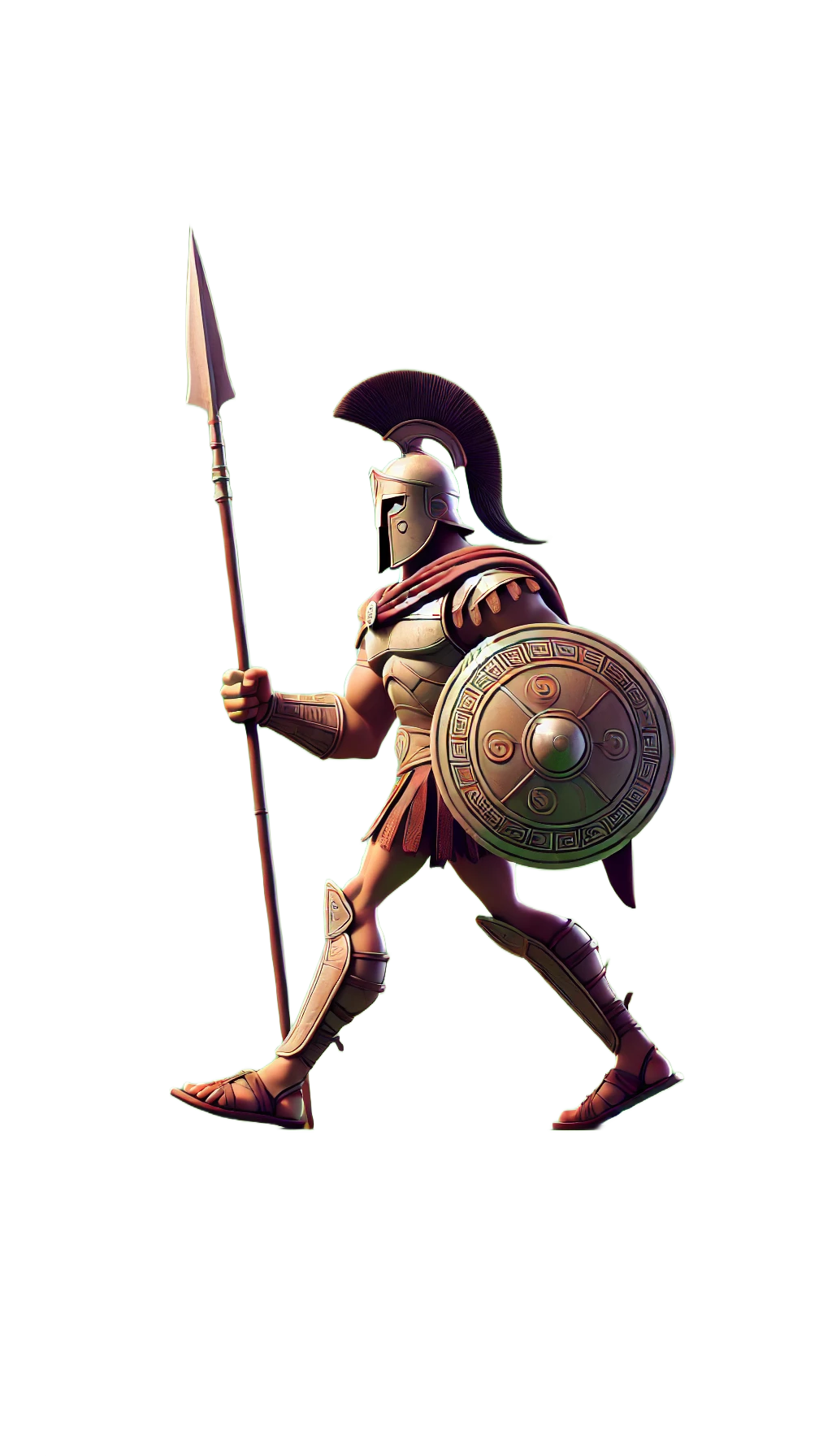
En el año 336 a.C., con tan solo veinte años, el destino colocó una pesada corona sobre la cabeza de Alejandro. Su padre, el rey Filipo II, fue asesinado, y el joven Alejandro ascendió al trono de Macedonia. Muchos dudaban de su capacidad para gobernar, viéndolo demasiado inexperto para el cargo. Pero Alejandro, con la sabiduría de Aristóteles y la ambición de su linaje, rápidamente sofocó las rebeliones y consolidó su poder, demostrando que no era un gobernante ordinario. Su reinado pronto desafiaría los límites del mundo conocido.
La conquista de Persia
Los ojos de Alejandro se dirigieron hacia el este, hacia el vasto Imperio Persa, el poder más formidable de su tiempo, gobernado por el rey Darío III. El Imperio Persa había sido durante mucho tiempo una amenaza latente para Grecia, y Alejandro buscaba lograr lo que su padre había soñado: derrotar a Persia y expandir la influencia de Macedonia. En el año 334 a.C., Alejandro cruzó el Helesponto con su ejército, pisando Asia Menor. Esto marcó el inicio de una campaña que cambiaría para siempre el curso de la historia.
Las batallas que siguieron se convirtieron en leyendas. En la Batalla de Gránico, las fuerzas de Alejandro se enfrentaron al ejército persa, y aunque estaban en desventaja numérica, consiguió una victoria decisiva. Pero la verdadera prueba llegó en la Batalla de Issos en 333 a.C., donde Alejandro se enfrentó cara a cara con Darío III. La falange macedonia, liderada por Alejandro al frente, atacó con ferocidad, y una vez más, los persas se vieron obligados a retroceder. El valor de Alejandro al liderar personalmente a sus hombres en batalla se convirtió en una de sus marcas distintivas, ganándose tanto su lealtad como su admiración.
A pesar de su destreza militar, no fueron solo sus victorias lo que lo definió; fue su capacidad para unir. A medida que avanzaba por el territorio persa, Alejandro adoptó elementos de la cultura persa, promoviendo una fusión entre Oriente y Occidente. Incluso se casó con Roxana, una noble persa, simbolizando esta unión de culturas. En cada ciudad que conquistaba, Alejandro fundaba nuevos asentamientos, muchos de ellos llamados Alejandría, que se convirtieron en centros de cultura, aprendizaje y comercio.

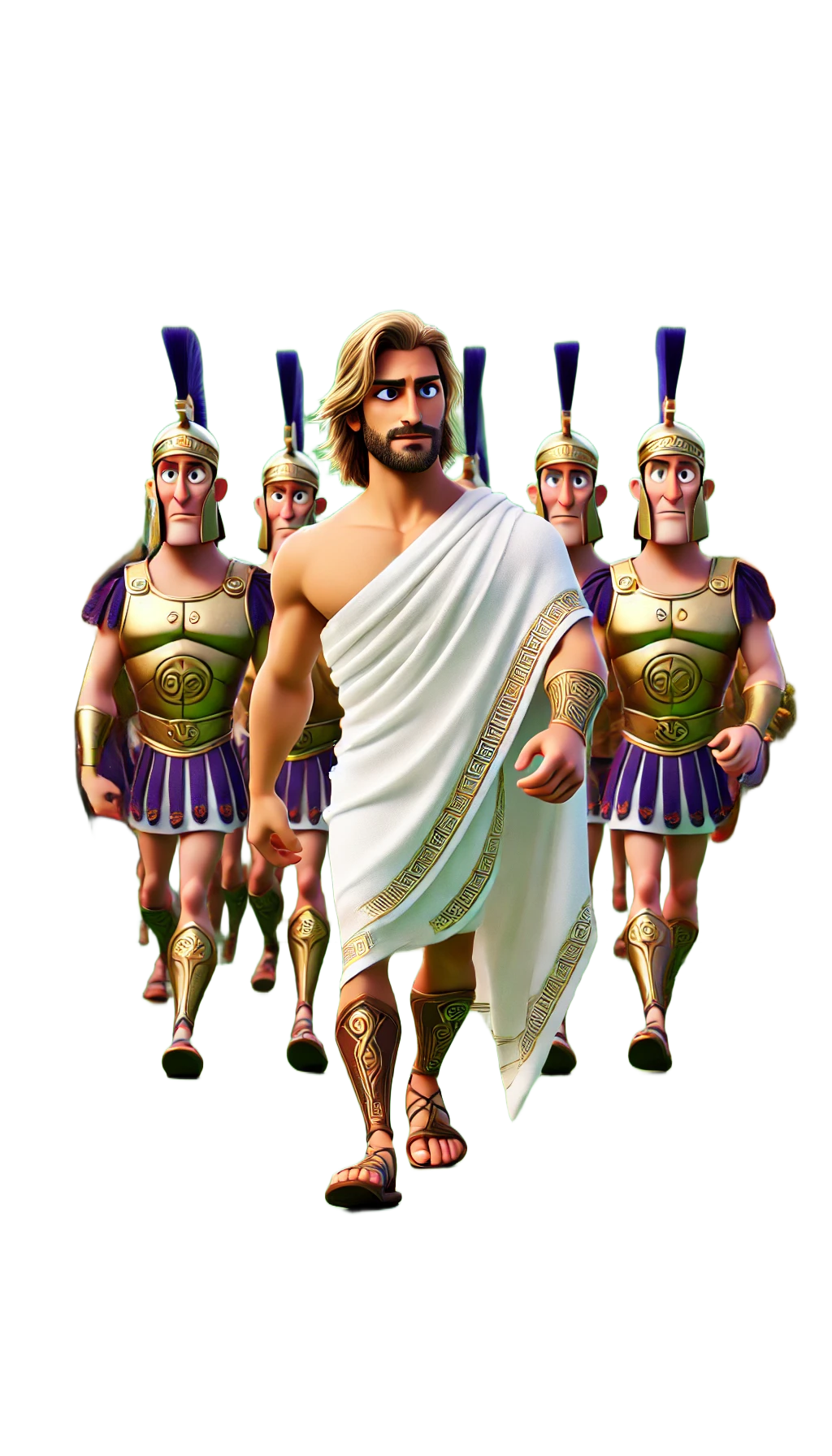
Un líder como ningún otro
Uno de los aspectos más notables del liderazgo de Alejandro fue su relación con sus hombres. Mientras que la mayoría de los reyes gobernaban desde la seguridad de sus tronos, Alejandro lideraba desde el frente. Compartía las pruebas y dificultades de sus soldados: marchaba por los mismos desiertos, soportaba el mismo hambre, sed y fatiga. Este acto de liderazgo con el ejemplo no solo le ganó la lealtad inquebrantable de sus hombres, sino que también forjó un vínculo casi indestructible. No seguían a Alejandro solo porque fuera su rey; lo seguían porque era uno de ellos.
El valor y carisma de Alejandro eran incomparables, pero sus conquistas no estuvieron exentas de dificultades. La agotadora campaña en la India, en particular la batalla contra el rey Poros en el río Hidaspes, puso a prueba los límites de su ejército. Fue en la India donde los hombres de Alejandro, agotados tras años de lucha y lejos de casa, finalmente suplicaron a su líder que regresaran. Aunque reacio, Alejandro escuchó, demostrando no solo la fuerza de un comandante, sino la sabiduría de un gobernante que entendía el corazón de su gente.
La muerte prematura de una leyenda
A la edad de 33 años, justo cuando estaba planeando la siguiente fase de su gran imperio, la vida de Alejandro llegó a un abrupto final. En el año 323 a.C., tras un banquete en Babilonia, enfermó de fiebre y murió. La causa de su muerte sigue siendo objeto de especulación: si fue envenenado, víctima de una enfermedad o agotado por años de campaña incesante, quizás nunca lo sabremos con certeza. Su cuerpo, preservado en miel, fue trasladado a Egipto, donde fue enterrado en Alejandría.
Aunque la vida de Alejandro fue corta, su legado fue cualquier cosa menos efímero. Su imperio, aunque fragmentado tras su muerte, alteró irrevocablemente el curso de la historia. La expansión de la cultura griega, conocida como helenismo, se extendió mucho más allá de Macedonia, influyendo en el arte, la ciencia, la filosofía y el gobierno en regiones desde Egipto hasta la India. Su sueño de un mundo unificado puede no haberse materializado por completo, pero las semillas del intercambio cultural que plantó echaron raíces y florecieron durante siglos.
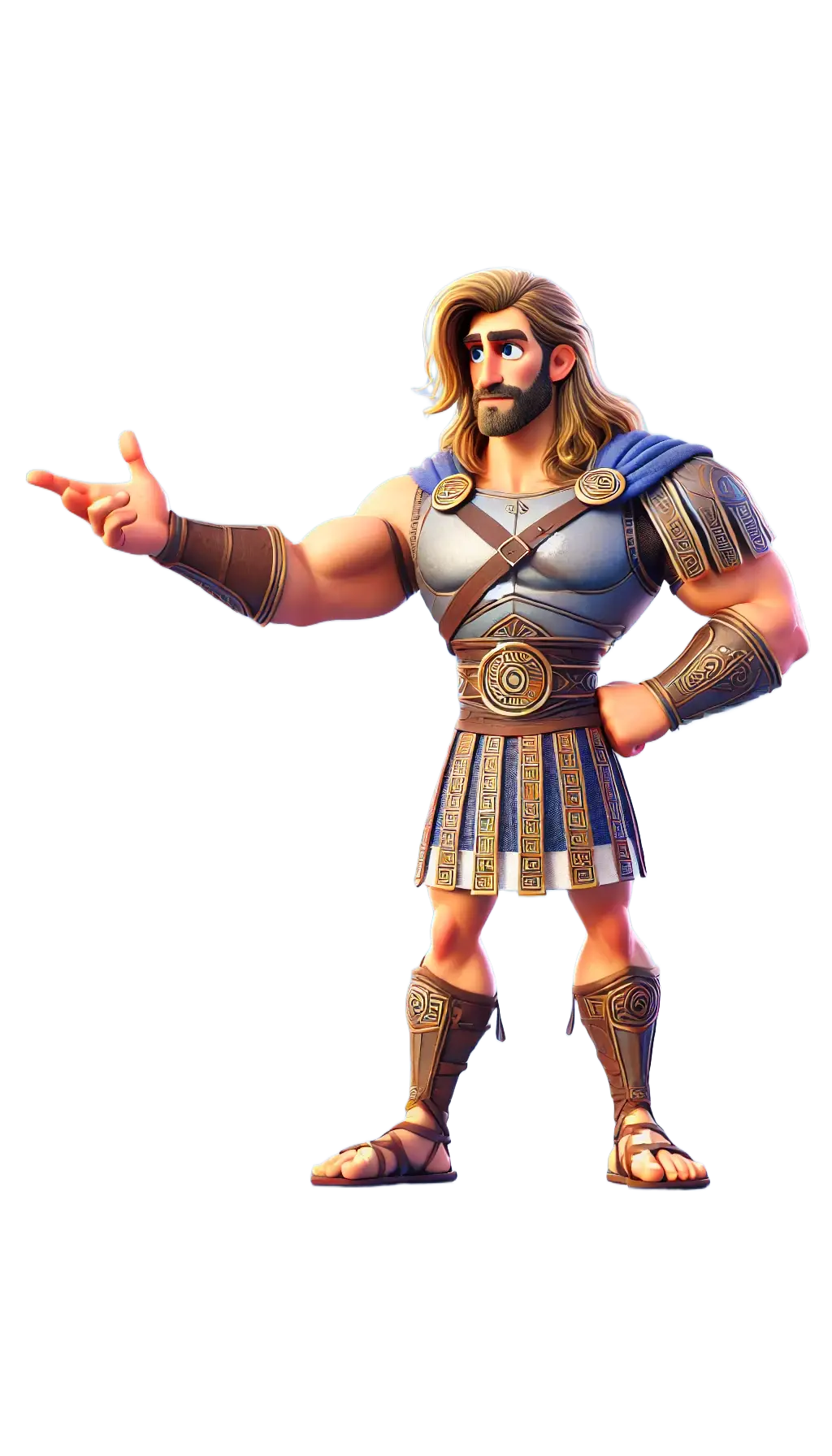

The rise and Legacy of Alexander the Great
Aprende y mejora tu español e ingles a travez de historias
Alejandro Magno English Version
Under the Stars of Macedonia: The Rise and Legacy of Alexander the Great
Under the clear night skies of ancient Macedonia, a young boy named Alexander would gaze at the stars and dream of the world beyond the horizon. He wasn’t just any child; he was the son of King Philip II and Queen Olympias, heirs to the kingdom of Macedonia. His childhood was filled with stories of gods, heroes, and empires, fueling a fire within him that would one day burn across continents. Yet, the most significant influence in his life wasn’t just his royal lineage, but a philosopher who would shape his mind and vision—Aristotle.
The Making of a Conqueror
At the age of thirteen, Alexander was placed under the tutelage of Aristotle, one of the greatest minds of the ancient world. From him, Alexander absorbed the essence of philosophy, ethics, politics, and science. But it wasn’t just the intellectual aspects that Aristotle imparted; he also instilled in him the ideals of leadership and the art of warfare. As Alexander studied the epics of Homer, particularly inspired by Achilles, he began to envision his own destiny—not as a mere king, but as a conqueror of empires.
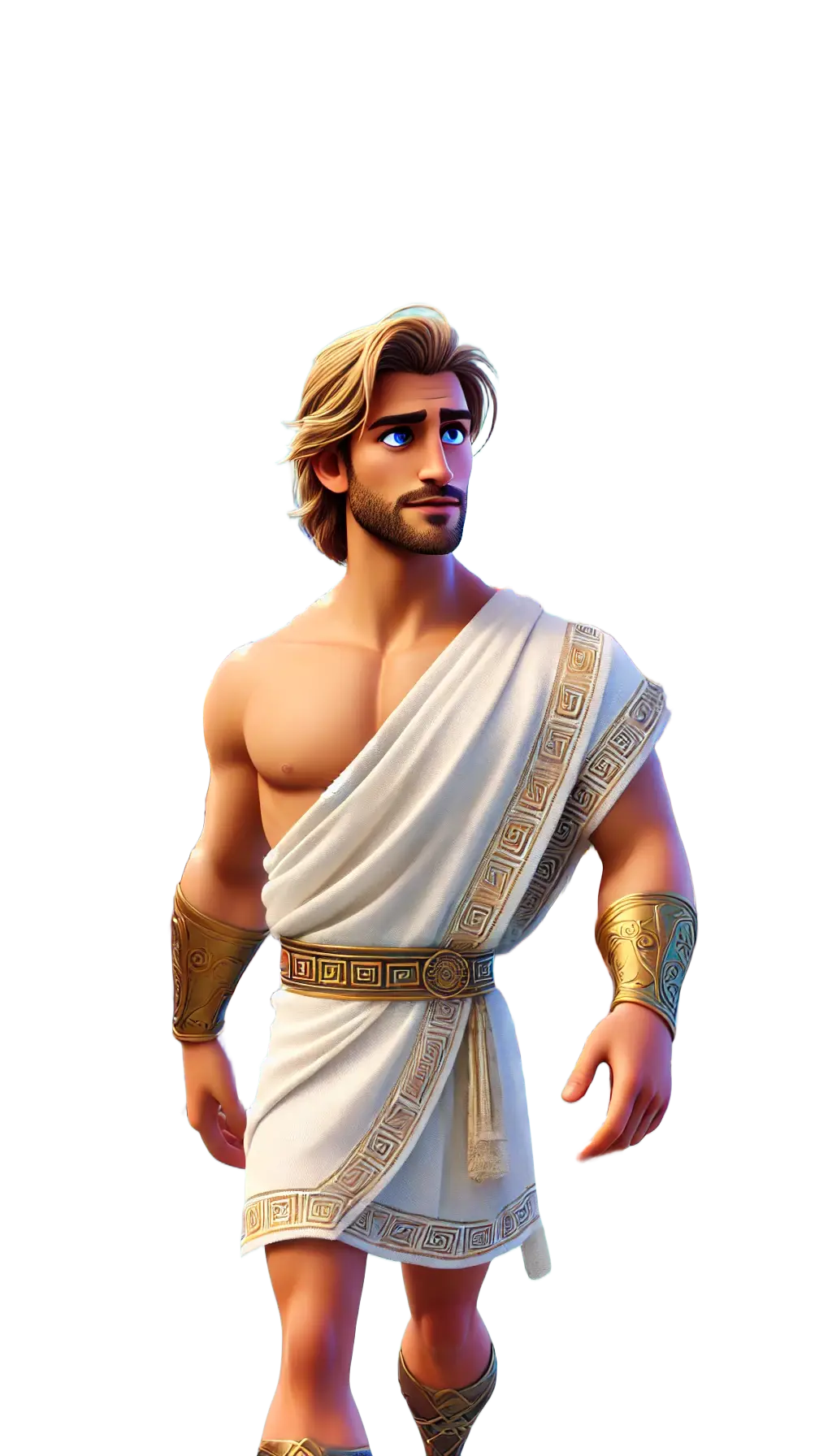
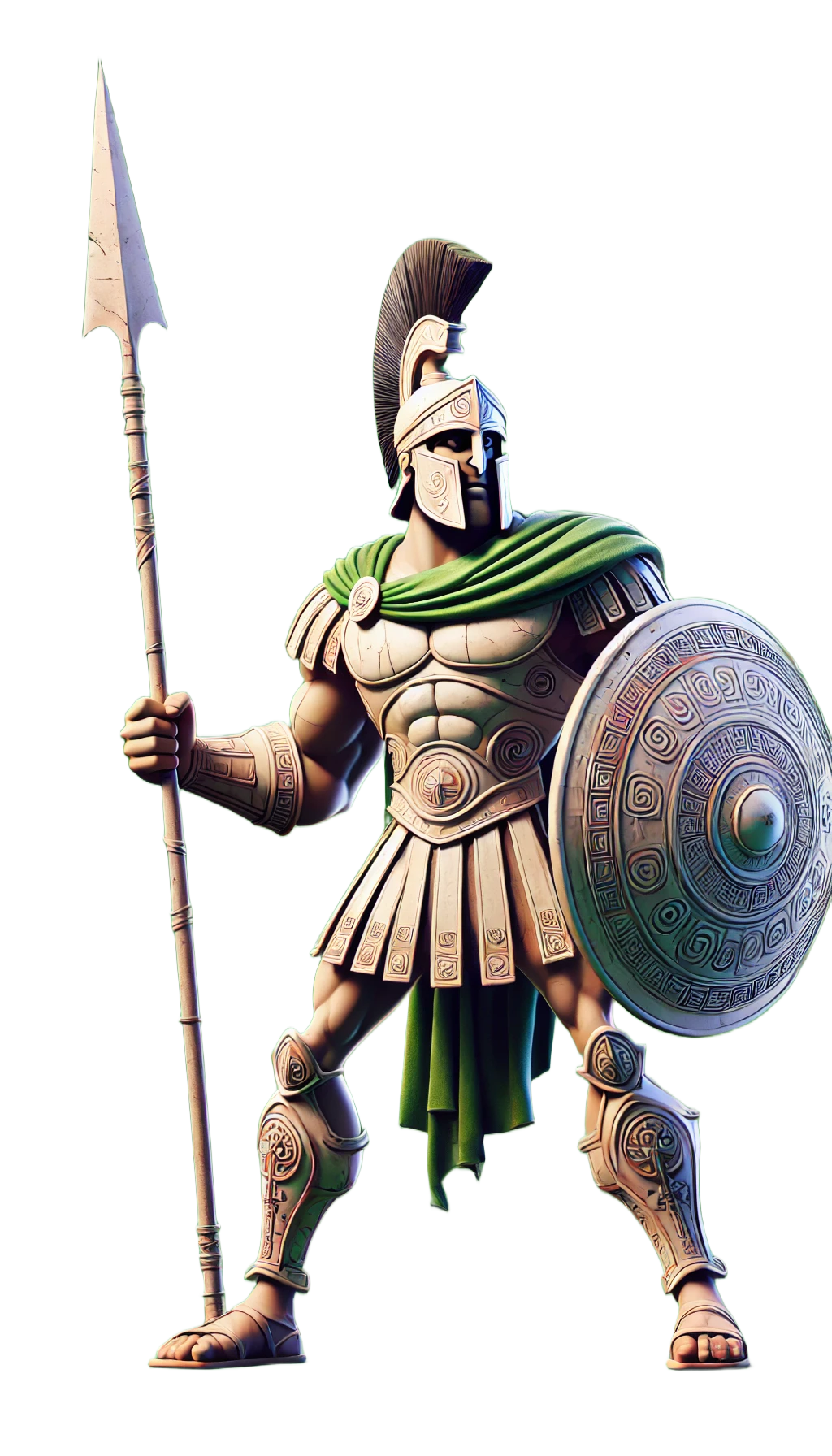
In 336 BC, at the age of twenty, fate placed a heavy crown upon Alexander’s head. His father, King Philip II, was assassinated, and young Alexander ascended to the throne of Macedonia. Many doubted his ability to lead, viewing him as too inexperienced for the mantle of power. But Alexander, with the wisdom of Aristotle and the ambition of his lineage, quickly quelled rebellions and consolidated his power, demonstrating that he was no ordinary ruler. His reign would soon challenge the very boundaries of the known world.
The Conquest of Persia
Alexander’s eyes turned east, to the sprawling Persian Empire—the most formidable power of its time, ruled by King Darius III. The Persian Empire had long been a looming threat to Greece, and Alexander sought to accomplish what his father had once dreamed of: defeating Persia and expanding Macedonia’s influence. In 334 BC, Alexander crossed the Hellespont with his army, setting foot in Asia Minor. This marked the beginning of a campaign that would forever change the course of history.
The battles that followed became the stuff of legend. At the Battle of Granicus, Alexander’s forces clashed with the Persian army, and though outnumbered, he secured a decisive victory. But the real test came at the Battle of Issus in 333 BC, where Alexander faced Darius III himself. The Macedonian phalanx, led by Alexander at the forefront, struck with ferocity, and once again, the Persians were forced to retreat. Alexander’s courage in leading his men personally into battle became one of his trademarks, earning him both loyalty and admiration.
Despite his military prowess, it wasn’t just his victories that defined him; it was his ability to unite. As he marched deeper into Persian territory, he adopted elements of Persian culture, promoting a fusion between East and West. He even married Roxana, a Persian noblewoman, symbolizing this union of cultures. In every city he conquered, Alexander founded new settlements, many named Alexandria, which became hubs of culture, learning, and trade.

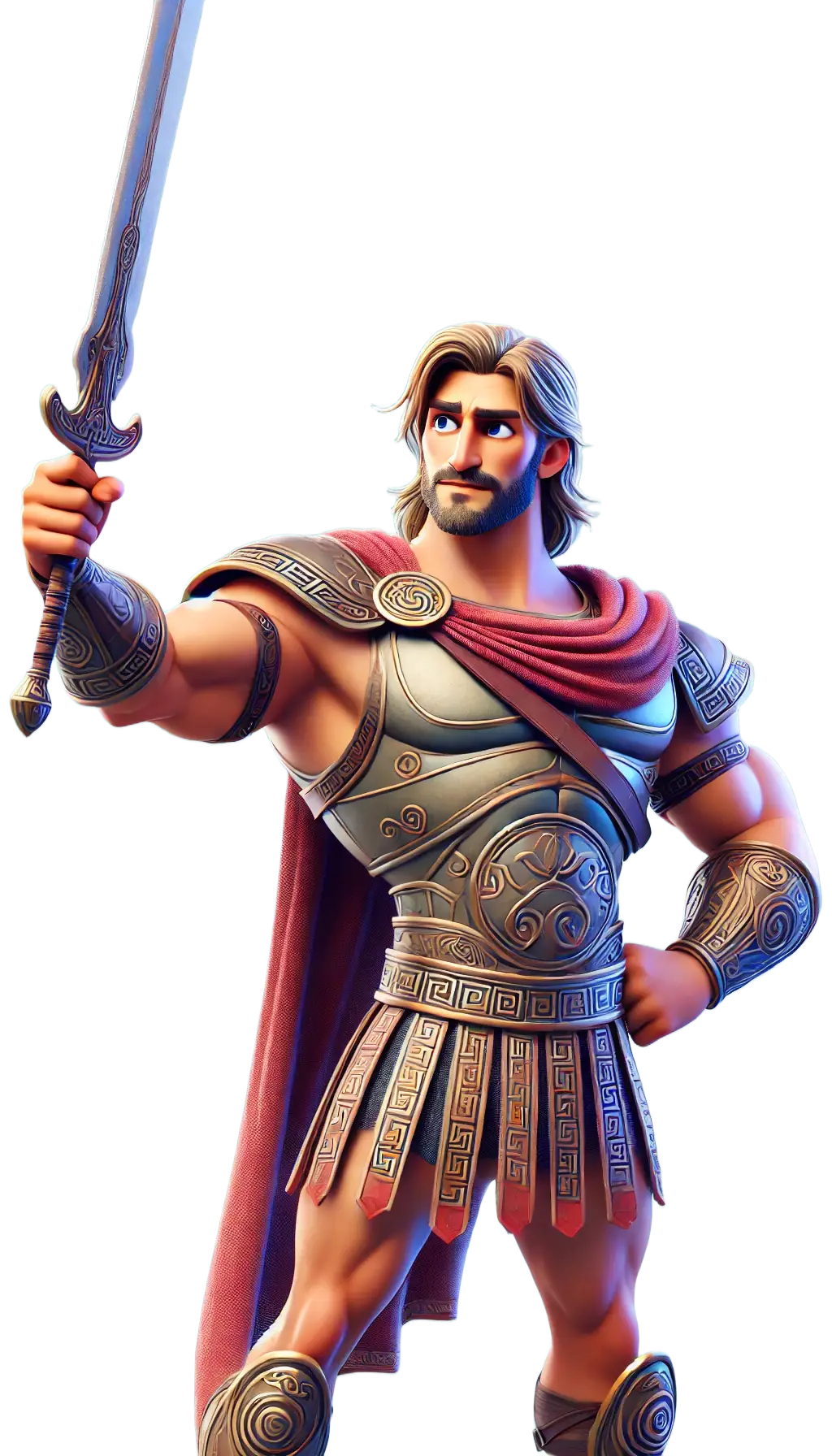
A Leader Like No Other
One of the most remarkable aspects of Alexander’s leadership was his relationship with his men. While most kings ruled from the safety of their thrones, Alexander led from the front. He shared in the trials of his soldiers—marching through the same deserts, enduring the same hunger, thirst, and fatigue. This act of leading by example not only earned him the unwavering loyalty of his men but also forged a bond that was nearly unbreakable. They didn’t just follow Alexander because he was their king; they followed him because he was one of them.
Alexander’s bravery and charisma were unparalleled, but his conquests were not without hardship. The grueling campaign in India, particularly the battle against King Porus at the Hydaspes River, tested the limits of his army. It was in India that Alexander’s men, weary after years of fighting and far from home, finally implored their leader to turn back. Though reluctant, Alexander listened, demonstrating not just the strength of a commander but the wisdom of a ruler who understood the hearts of his people.
The Untimely Death of a Legend
At the age of 33, just as he was planning the next phase of his grand empire, Alexander’s life came to an abrupt end. In 323 BC, after a banquet in Babylon, he fell ill with a fever and died. The cause of his death remains a subject of speculation—whether it was poison, illness, or exhaustion from years of relentless campaigning, we may never know for certain. His body, preserved in honey, was transported back to Egypt, where it was laid to rest in Alexandria.
Though Alexander’s life was cut short, his legacy was anything but brief. His empire, though fragmented after his death, had irrevocably altered the course of history. The spread of Greek culture, known as Hellenism, reached far beyond Macedonia, influencing the arts, science, philosophy, and governance in regions from Egypt to India. His dream of a unified world may not have fully materialized, but the seeds of cultural exchange that he planted took root and flourished for centuries.











